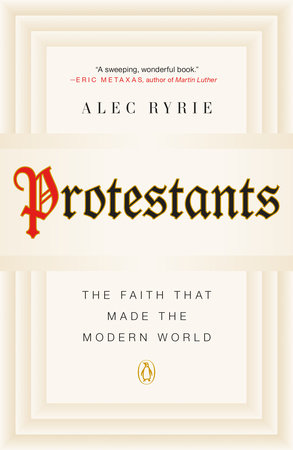Rethinking Incarceration: Advocating for Justice that Restores
By Dominique DuBois Gilliard (IVP)
Some of my best friends probably would hate this book. They are compassionate, conscientious Christians. They strongly believe in law and order. Like me, they are white.
 Dominique DuBois Gilliard, director of racial righteousness and reconciliation for the Love Mercy Do Justice Initiative of the Evangelical Covenant Church, also is a compassionate, conscientious Christian. Because he is African-American—and he knows history—he views “law and order” language as a dog-whistle that appeals to racist impulses and the desire to remove minorities from the general population.
Dominique DuBois Gilliard, director of racial righteousness and reconciliation for the Love Mercy Do Justice Initiative of the Evangelical Covenant Church, also is a compassionate, conscientious Christian. Because he is African-American—and he knows history—he views “law and order” language as a dog-whistle that appeals to racist impulses and the desire to remove minorities from the general population.
Prepare to be shocked—maybe offended—by the first half of Rethinking Incarceration. Gilliard sees modern-day mass incarceration of non-Anglos within the historic context of the Jim Crow black codes and the convict leasing system that essentially perpetuated slavery in the United States more than seven decades after the Emancipation Proclamation. He points to various pipelines that feed mass incarceration—the war on drugs (that is, the drugs prevalent in African-American neighborhoods, not the ones used by affluent whites); a mental health system that quarantines the mentally ill in prisons rather than providing them psychiatric treatment; a broken immigration system; private prisons that profit from the lucrative business of warehousing offenders; and zero-tolerance polices that push at-risk youth out of school and into the criminal justice system. The facts Gilliard cites are irrefutable; some of the conclusions he draws are debatable.
Don’t stop reading, just because his ideas may be troubling. The second half of Rethinking Incarceration directly addresses the church. He points to Christians, particularly those who hold to penal substitution as the only biblical picture to explain atonement, as undergirding the retributive model of criminal justice. Gilliard views divine justice—biblical justice—primarily in terms of restoring wholeness and reconciling parties who are in conflict. So, he advocates for Christians to seek ways to engage the criminal justice system with an eye toward restoration and reconciliation.
Don’t expect to agree with everything Gilliard asserts, but approach Rethinking Incarceration with openness, and you will be challenged.
Ken Camp, managing editor
Baptist Standard














We seek to connect God’s story and God’s people around the world. To learn more about God’s story, click here.
Send comments and feedback to Eric Black, our editor. For comments to be published, please specify “letter to the editor.” Maximum length for publication is 300 words.